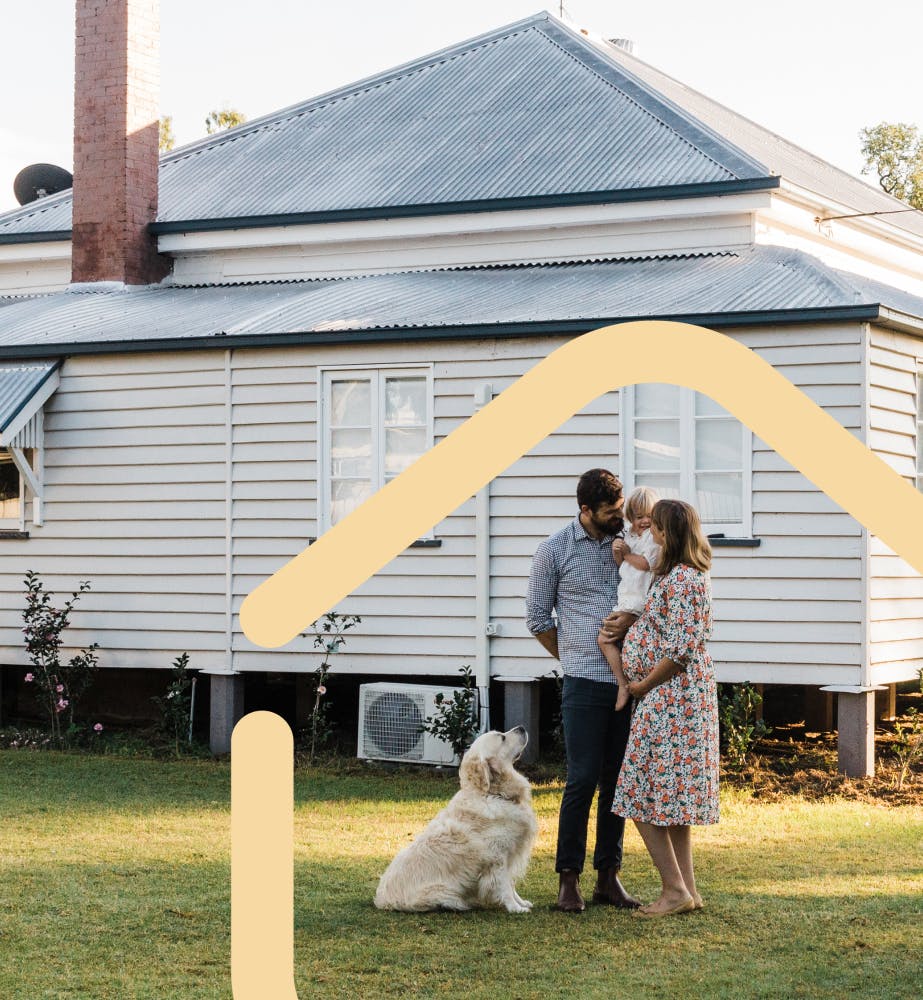Climbing temperatures, more frequent heatwaves and increased urban island heat effects, present social and environmental issues in cities and suburbs. It puts the health of residents and ecosystems at risk. More people die each year from extreme heat than any other natural hazard.
In 2020, Edge impact along with project partners: the Water Sensitive Cities Institute, Kinesis and HARC Consulting were engaged by WSROC (Western Sydney Regional Organisation of Councils), to deliver the Cool Suburbs Tool project to address the urban heat challenges in the Western Sydney region. The project, which involves a collaboration between the Western Sydney Regional Organisation of Councils (WSROC), Resilient Sydney and the Greater Sydney Commission, is assisted by the New South Wales Government and supported by Local Government NSW through its Increasing Resilience to Climate Change Grant scheme.
The output will be a design support tool for planners, designers and developers to increase the resilience of buildings and suburbs to extreme heat. The project also aims to help identify both existing and new places that can be used as safe “cool refuges” during extreme heat events.
Through designing cooler suburbs, the project will help to tackle challenges including:
- The increased mortality rate during heat waves;
- The higher energy consumption in Western Sydney compared with other parts of Sydney; and
- $6.9bn of productivity lost nationally in Australia due to heat stress.
Unlike other urban heat mitigation initiatives, the project is adopting a “resilience” approach to urban heat management, recognising that design alone is not the solution to cooler cities. A resilience approach requires action across 4 key areas:
- Awareness: Understand location stress and risk points.
- Reduce: Building and place design to reduce average temperatures.
- Adapt: Managing residual heat exposure and risk through building and space design.
- Respond: Implementing contingency measures for extreme weather conditions.
The project is being delivered over 3 stages. The first stage of translating relevant urban heat science has been completed with guidance from an expert advisory panel consisting of researchers from Western Sydney University, the University of New South Wales, and Monash University. This included reviewing the evidence for the most effective interventions to contribute to urban cooling and to translate these findings into metrics that reflect good practice in planning and design.
The results of the first stage were the identification of criteria for the Tool that support action in relation to:
- Urban design: Creating street canyons and considering wind paths and buffering.
- Cool streets: Providing shade and canopy cover and supporting evaporative cooling.
- Cool Parks: Providing shade and supporting evaporative irrigation and porous pavements.
- Cool Homes: Increasing passive cooling and the use of cool roofs and alternative energy supplies.
- Cool Buildings: Expanding shade, site irrigation and focusing on the cool envelope.
The science translation stage indicates that as more of these interventions are applied, the greater the collective urban heat mitigation outcome that is produced.
The second stage of the project is the user needs analysis, which is currently being undertaken with the NSW government, councils and developers. The third stage of the project to be undertaken in 2021 will be the construction and piloting of the prototype Tool.
When completed the Tool will help developers, designers and planners better consider urban heat mitigation measures from the lot up to the precinct scale. For Western Sydney, this comes at a time when the need for better consideration of urban cooling has never been more important.
If you’d like to find out more about the project or Edge Impact’s liveable cities and urban heat management and assessment capabilities in general, please contact Jenni Garden (jenni.garden@edgeimpact.global)

CRJO partnered with Edge to develop a toolkit for retrofitting homes, boosting bushfire resilience for homeowners, councils, and industry.







